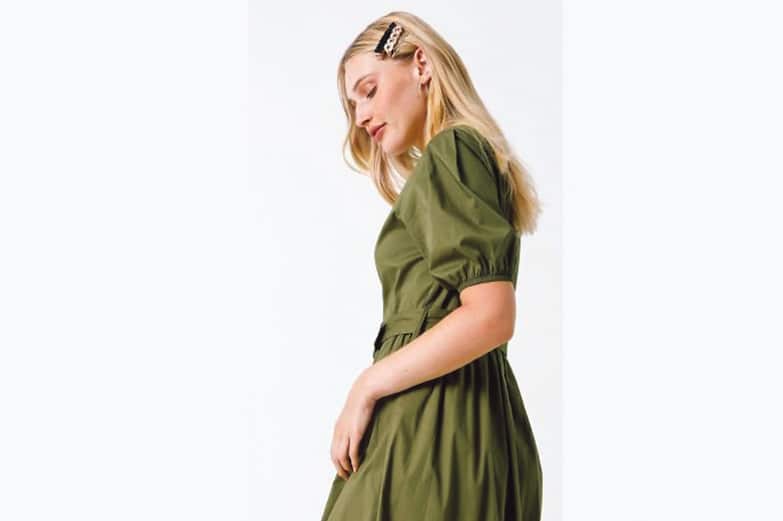As I sit and reflect on a compassion-based mindfulness theme for this month, it is a recurring theme that comes to mind, a practice that I believe transforms us, mindful self-compassion. What do you feel when you read or hear the words self-compassion? Do you feel anything in your body? What thoughts come to your mind? Maybe you think the words self-compassion sound selfish or self-indulgent? What does the idea of offering yourself some self-compassion conjure up in your mind? Having a spa day? Or buying yourself a new top?
These treats may sound inviting but mindful self-compassion is less focused on material things and more about developing a warm and caring relationship with yourself, recognising when you need a break, when your life feels too busy, or that you are tired. It is about taking a quiet moment here and there to notice how you are by pausing to check in with yourself in a real and open way. Time and again I return to Rob Nairn’s definition of mindfulness, “knowing what’s happening, as it’s happening, no matter what it is.” So, taking time to bring moment-by-moment awareness to our thoughts, emotions and bodily sensations helps us to notice what we are experiencing.
When we learn to bring awareness to how we are doing we may notice that we are struggling with something or feeling painful emotions. We may have developed the habit of reaching or searching for a distraction when painful thoughts or emotions arise. Mindful self-compassion invites us not to push the pain away or suppress it but to stay with it, even lean into it, allowing ourselves to feel it. Personally speaking, I found this very difficult when I started my mindfulness training at first, I recall being hardly able to say the word “suffering”, never mind allow myself to feel it. I physically flinched when I heard or spoke the word. It still doesn’t quite roll off my tongue, but I can now accept that suffering is part of my life. This was a profound revelation for me. That being human involves suffering and struggle and this is part of life, just like happiness and joy are also part of life. This describes our common humanity.
We are not alone in how we feel, yet the more I develop my mindfulness teaching, the more I realise that practicing self-compassion is quite radical, as it turns much of what we think we know about ourselves on its head. So many of us are incredibly harsh on ourselves if we make a mistake, if we say or do the wrong thing, yet most of us make mistakes regularly, also part of being human. With mindful self-compassion we can learn to soothe our pain by offering ourselves self-kindness, with soothing words, like “It’s ok” or a kind gesture, like placing your hand on your heart when you notice you are experiencing a difficult moment.
This practice of bringing first awareness, then kindness and gentleness to our own suffering or pain is new for many of us. But over time, by practicing self-compassion, we learn to treat ourselves with the same kindness that we would treat another who is hurting or struggling. All of us can learn this powerful practice and change how we relate to ourselves firstly by noticing how we treat ourselves. For example, how do you react when you are late or when you feel you’ve done or said something you consider to be wrong? Can you acknowledge that you are giving yourself a hard time and try directing compassion and care towards yourself instead of self-criticism?
This verse from ‘The Most Important Thing’ by Julia Fehrenbacher, speaks self-compassion and kindness. “I am making a home inside myself. A shelter of kindness where everything is forgiven, everything allowed — a quiet patch of sunlight to stretch out without hurry, where all that has been banished and buried is welcomed, spoken, listened to—released. A fiercely friendly place I can claim as my very own.”
I base much of my compassion-based mindfulness work at Myross Wood in Leap now, which is a now a community-based centre for climate action and sustainability (CECAS.ie). If you would like to either begin a compassion-based mindfulness practice or deepen an existing practice together in community with others, drop-in mindfulness sessions run on Tuesday mornings 10-11am: €10.
Online guided meditation sessions via Zoom on Mondays and Wednesdays at 8pm. 45 minutes. Donation based.
For more information on upcoming workshops and courses please like my Facebook page (Mindhaven) or feel free to get in touch by phone: 087 2700572 or by email: susanoreganmindfulness@gmail.com



